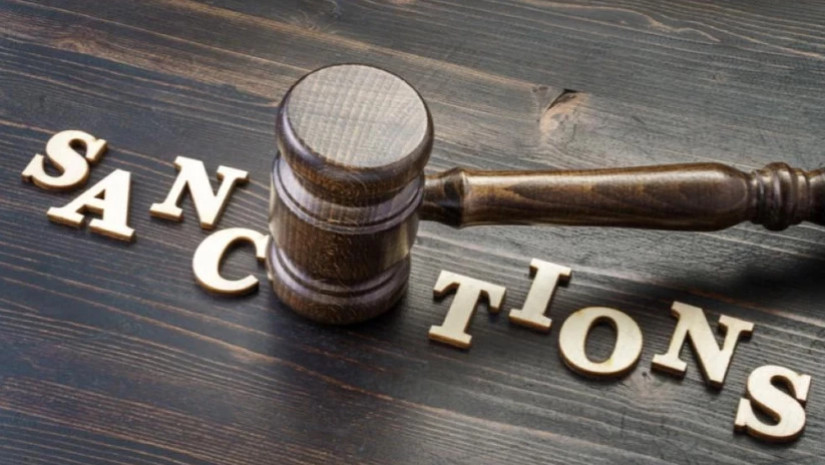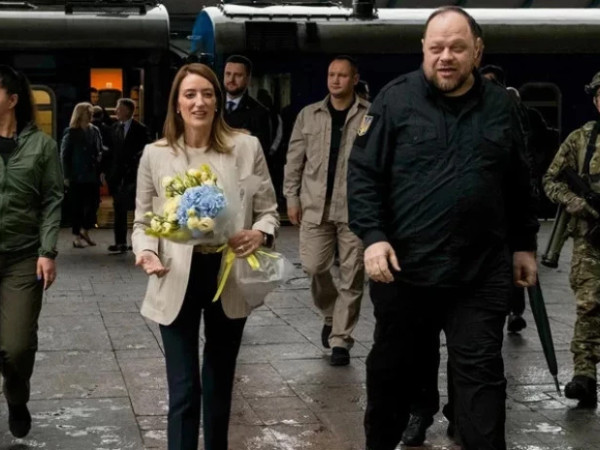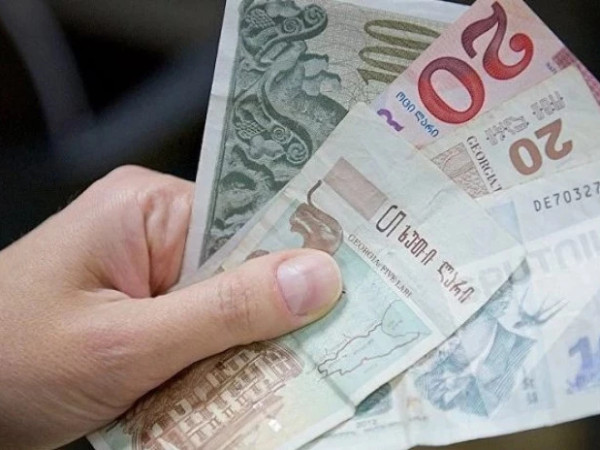Shaken for the umpteenth time by Donald Trump, the EU is promising a new tightening on energy imports from Russia and trying to coordinate with its transatlantic ally to increase pressure on the Kremlin even further. At least in words, Washington and Brussels seem to have found some unity of purpose on the very sensitive dossier of the war in Ukraine. But from words it will be necessary to move on to deeds.
According to Ursula von der Leyen, she and the tycoon reportedly had a “good call” last night (16 September), centred on “stepping up our joint efforts to increase economic pressure on Russia” through a new round of restrictive measures. The Commission “will soon present its 19th sanctions package,” the EU executive chief assured, “targeting crypto, banks, and energy.”
In particular, in the crosshairs of von der Leyen and Trump seem to have ended up the exports of gas and oil from the Federation, one of the main revenues with which Vladimir Putin finances his war. To this end, says the Berlaymont number one, “the Commission will propose to accelerate the phasing out of fossil fuel imports” from Moscow.
For the time being, more details are not available, but the meshes to be tightened are those of the regulation by which Brussels has set the end of 2027 as the deadline for the complete phase-out of Russian energy products, adopted last June. After all, it was Trump who suggested yesterday that “Europe will have to stop buying oil from Russia.”
The White House tenant also reprimanded his Ukrainian counterpart, Volodymyr Zelensky, again, claiming that he “will have to make a deal” with Putin if he wants to end the conflict. The two are expected to meet in person in the coming days, on the sidelines of the United Nations General Assembly underway in New York.
Be that as it may, the infamous 19th package of EU sanctions—which has been in the works since the 18th was adopted last July—trumpeted by von der Leyen herself a few days ago during her speech about the state of the Union, has not yet materialised.
At the Berlaymont, they are playing down the issue (no date was ever set for its presentation, so there is no delay, they argue), but the representatives of the Twenty-Seven should have discussed the proposal already today. According to some reconstructions, the delay was precisely due to von der Leyen’s attempt to coordinate with Trump at the G7 (in parallel with the acceleration on the phase-out), instead of going it alone.
Meanwhile, today, the President of the EU Parliament, Roberta Metsola, travelled to Kyiv for the fourth time to bring her solidarity to the attacked country. The trip, on the occasion of 1300 days since the start of the full-scale Russian invasion, also served to mark the opening of a European Parliament delegation in the Ukrainian capital, housed in the
same building hosting the EU delegation, which was damaged by a Russian bombing less than a month ago.
Addressing the deputies of the Verkhovna Rada, the single-chamber legislature in Kyiv, the Strasbourg Chamber’s number one stressed the need to continue to support resistance against aggression and the importance of arriving at a “just and lasting peace” (including the work of the coalition of the willing on
security guarantees), as well as the need to raise the pressure on Moscow.
The accession to the EU “is in itself a guarantee of security,” Metsola notes. And she urges both Kyiv to proceed without delay on the road to reform (“the restoration of the powers of your anti-corruption bodies was an important signal,” she says, referring to short but explosive July crisis) and Brussels to keep its commitments, giving as soon as possible the green light to the opening of the first cluster of negotiating chapters, the so-called “Fundamentals”.


















